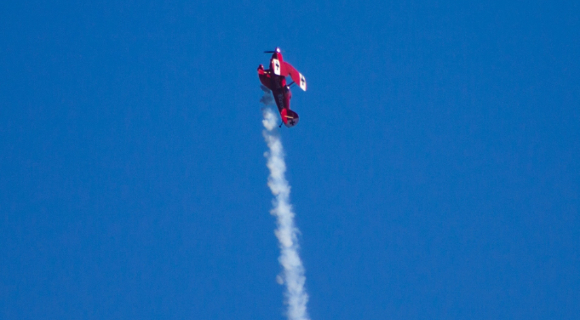Equestrian
What is the equestrian industry?
The equestrian industry involves working with horses in a variety of ways. Essentially it can be divided into two parts:
- Activities based on the use, possession or ownership of horses (Core activities)
- Suppliers of horse related goods and services for those core activities (providers to the core)
Activities forming the core part of the industry range from professional through to leisure. In between lie many semi-professional riders and participants whose interest is split between earning a living and pure leisure activity.
The industry core caters directly for the needs of consumers. The activities geared toward professional riders include commercial breeders, affiliated sports such as dressage and show jumping, training and racing. The leisure-oriented activities include the provision of riding lessons, trekking and tourist attractions.
The other part of the industry is made up of providers of goods and services to the core. Examples include farriery, feed supply and veterinary services, livery yards etc.
Equestrian apprenticeships
Equestrian apprenticeships are currently being developed. Once approved, school leavers could do an Intermediate Apprenticeship as an equine groom: apprentices will handle a variety of horses in different working environments. They must adhere to safe working practices, be prepared to work in all weather conditions and often in “out of hours” situations. They will be required to have dedication, commitment and the physical and mental toughness to cope with the rigours of the role. Living on site for part or all of the duration of the apprenticeship may be necessary.
The occupation requires competent individuals who are committed to the safety and welfare of the horses in their care. They will use their theoretical knowledge and understanding, practical experience and empathy to maintain the horses’ physical and psychological well-being within a safe working environment. This is a practical, “hands on” occupation where apprentices will work under supervision individually or as part of a diverse team.
Again, once approved, another option will be an Advanced Apprenticeship as a senior equine groom: training to have a sound knowledge of horse anatomy and physiology and the ability to assess and promote health. Apprentices will be able to recognise and treat common minor injuries and ailments. They will be capable of presenting horses to a high standard and can demonstrate the skills required to groom, plait and clip horses.
Senior equine grooms may have the opportunity to travel nationally and internationally, preparing and caring for horses at competitions, the races, sales, shows and other public appearances.



